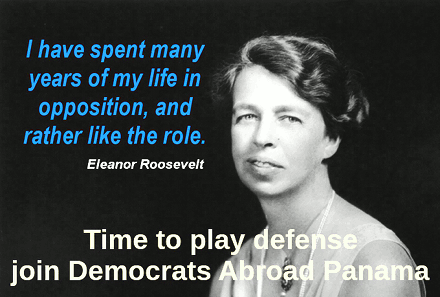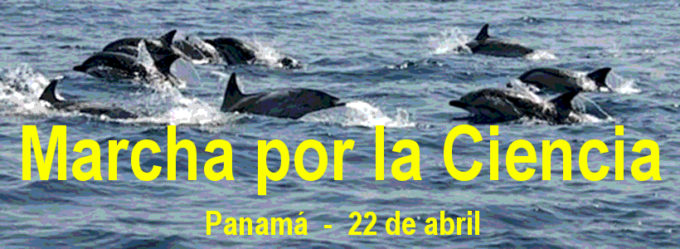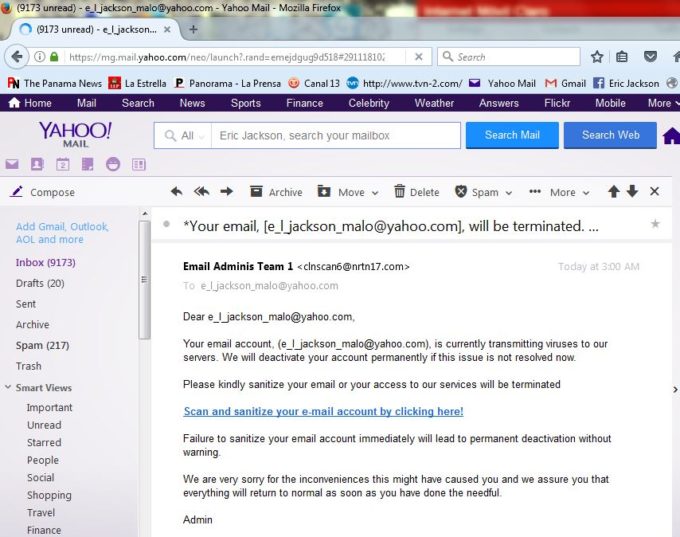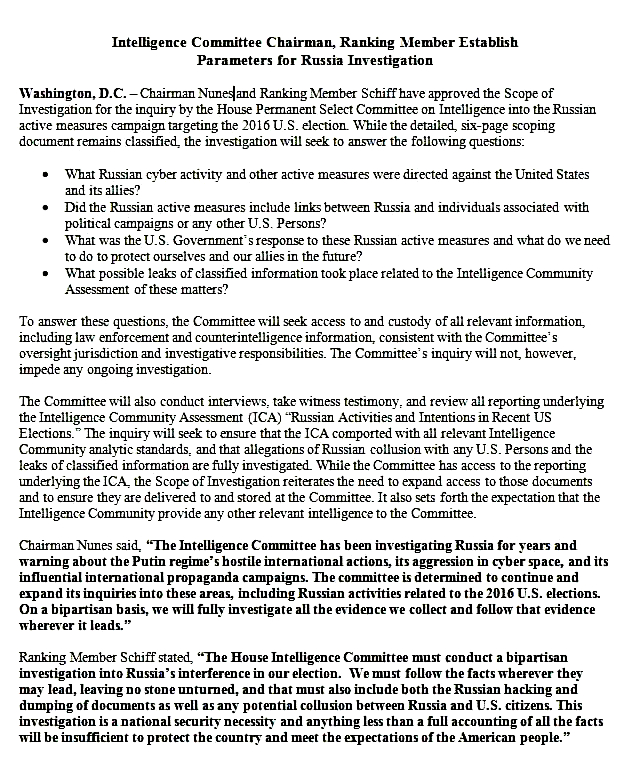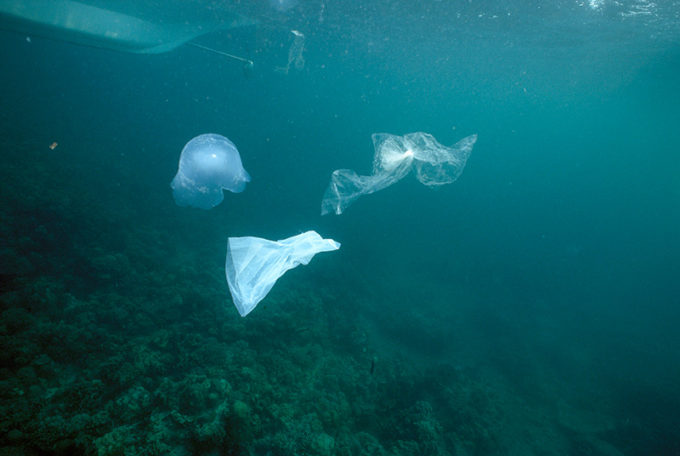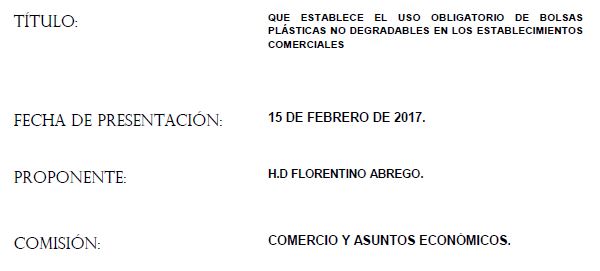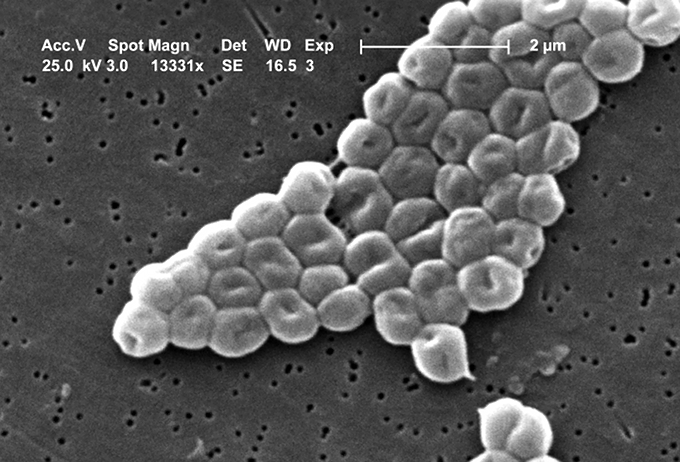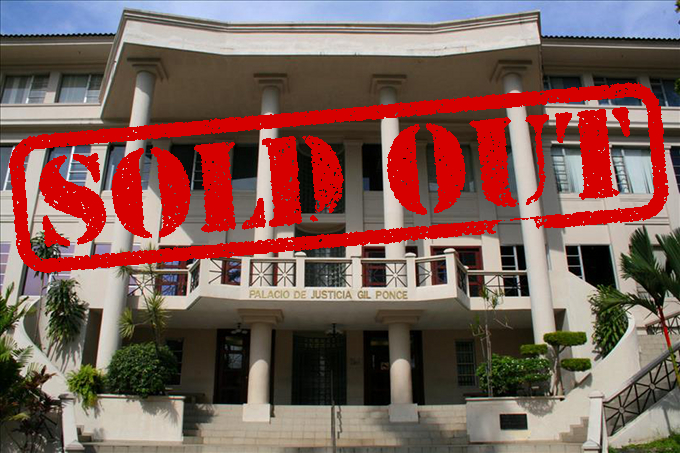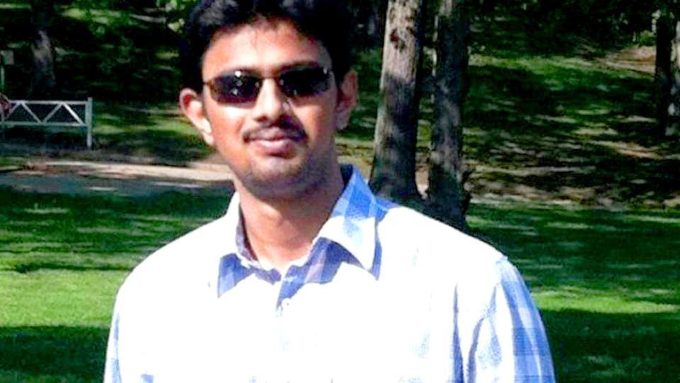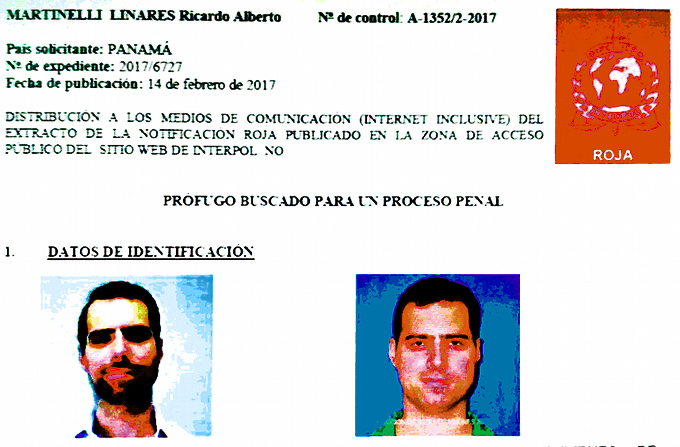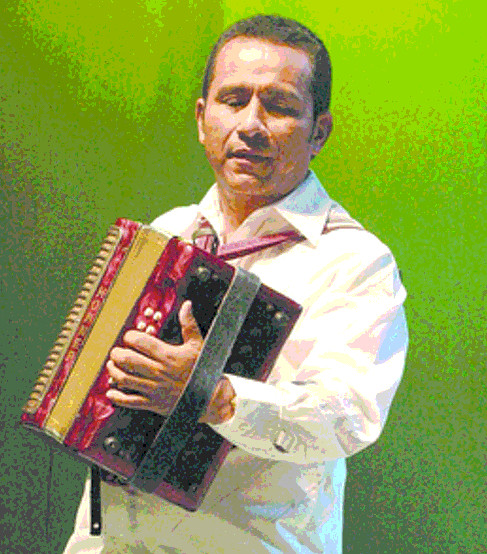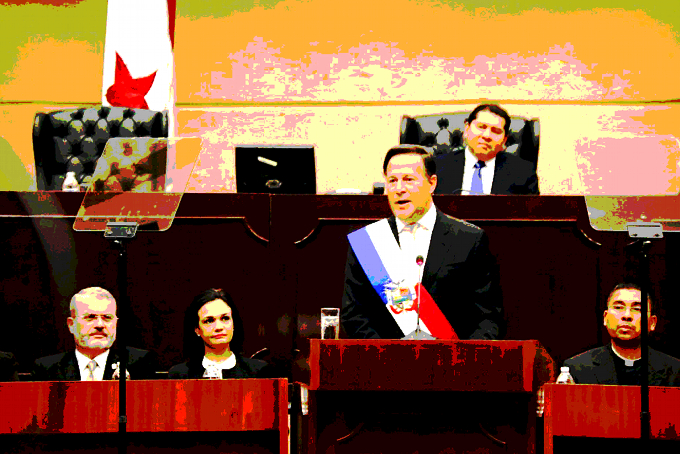
La oligarquía panameña y sus maniobras
por Marco Gandásegui, hijo
La presidencia acusada
El gobierno panameño se encuentra metafóricamente en manos de un equipo de neurocirujanos que intenta mantener al presidente Juan Carlos Varela con vida política. El mandatario panameño sufrió su primer derrame con motivo de las declaraciones de Ramón Fonseca Mora que lo asoció con el Grupo Odebrecht y los sobornos que la empresa brasileña repartió en doce países.
Fonseca Mora es el mismo abogado especializado en abrir sociedades anónimas en ‘paraísos fiscales’ bajo jurisdicción norteamericana y británica. Se hizo notorio el año pasado cuando un grupo de investigadores en la capital de EEUU, Washington, divulgó miles de archivos comprometedores de la firma Mossack & Fonseca. En la jerga periodística internacional, creada en aquel momento, el caso se denominó los ‘Panama Papers’.
Como fichas de un dominó, han ido cayendo, país tras país (un total de 12), como consecuencia del escándalo asociado a los sobornos del Grupo Obebrecht. Las declaraciones de Fonseca Mora en Panamá comprometen al presidente Varela. Según el antiguo ‘ministro consejero’ del gobierno panameñista, durante su campaña presidencial (2013-2014), Varela habría recibido dinero oculto de la constructora brasileña Odebrecht.
Era un secreto a voces que los tres últimos presidentes panameños recibirían sobornos de la empresa constructora. De igual manera, se beneficiaban de otros negocios turbios que las autoridades han sido lentas en investigar. Sin embargo, las declaraciones de Fonseca Mora obligan a las fiscalías a realizar una investigación prolija. La Asamblea Nacional anunció que harán una minuciosa pesquisa en torno a las donaciones recibidas por el mandatario. La Asamblea se pronunció después que el presidente Varela hiciera público su declaración de donantes.
Los otros ramas del gobierno
Fonseca Mora involucró en sus declaraciones a los diputados panameñistas José Luis Varela (hermano del presidente) y Valderrama. Igualmente, mencionó al presidente de la Corte Suprema de Justicia, José Ayú Prado, a quien caracterizó como ‘manipulable’.
Varela ha estado permanentemente negociando desde una posición de relativa debilidad para conservar su capacidad para gobernar. Al principio de su gestión (julio de 2014) logró reunir una mayoría de diputados en la Asamblea haciendo diferentes tipos de concesiones. Dividió el partido Cambio Democrático (del expresidente Ricardo Martinelli, autoexiliado en Miami, EEUU). También introdujo una cuña en el Partido Revolucionario Democrático (PRD), donde otro expresidente — Martín Torrijos — sigue con aspiraciones para repetir. La suma de su bancada (16 diputados) y las otras fracciones le garantiza una mayoría de diputados.
En la Corte Suprema de Justicia, Varela nombró dos magistrados que le dieron la mayoría para re-elegir a Ayú Prado como presidente. La Autoridad del Canal de Panamá (ACP), empresa que maneja presupuestos de miles de millones de dólares y los sobre costos de otros miles de millones, producto de la construcción de la ampliación de la vía acuática, genera dividendos cuantiosos. Incluso, Odebrecht tiene contratos de miles de millones aún vigentes.
Las familias
Varela, a pesar de sus debilidades en el frente político, contaba con un sólido apoyo financiero y económico. Detrás de su campaña política, que lo llevó al triunfo electoral en mayo de 2014, dicen que estaba el grupo económico que encabeza Stanley Motta. Cuenta con fuertes intereses en la Zona Libre de Colón, Televisora Nacional, Copa Airlines y el Banco General. Sin duda, el grupo económico se benefició de su relación con el gobierno de Varela, especialmente después de la larga ‘sequía’ (2009-2014) que representó Martinelli.
Se asocia al grupo Motta con el Movimiento Independiente (MOVIN) que utiliza Televisora Nacional como megáfono para hacer su propaganda en torno a los proyectos económicos, que incluyen el proyecto de Corozal (puerto en el Canal de Panamá) y la Caja de Seguro Social, entre otros. Hace pocos meses MOVIN se distanció del gobierno, creando un vacío peligroso para la estabilidad del gobierno.
El otro grupo económico, vinculado a MEDCOM (conglomerado de medios de comunicación) que cuenta con el expresidente Ernesto Pérez Balladares entre sus filas, sufrió recientemente una derrota política en las elecciones internas del PRD. A pesar de ser menos poderoso sobre el terreno financiero que el grupo Motta, cuenta con una base social más amplia y sectores vinculados a la diezmada industria.
Por último, la tercera fracción de la oligarquía panameña de principios del siglo XXI, encabezada por Martinelli, observa activamente los traspiés de Varela para ver como ‘pesca en río revuelto’. La bancada en la Asamblea de Cambio Democrático puede convertirse en una pieza muy útil para Varela en esta coyuntura.
Varela agotado
La crisis gubernamental panameña es difícil de resolver en la medida en que el sistema político está diseñado para que funcione una especie de ‘alternabilidad’. Fue creado por EEUU después de su invasión militar a Panamá en 1989. Se supone que las fracciones de la oligarquía son estancos cerrados y que deben reemplazarse cuando la oferta del gobernante se agota. El problema de Varela es que se agotó muy temprano: Apenas por la mitad del camino (dos años y medio de un total de cinco).
Lo políticamente correcto en un sistema montado por la oligarquía, en un caso como éste, es que el gobierno busque reforzamiento entre los partidos políticos de la oposición. La fracción oligarca gobernante tendría que compartir los beneficios de su gestión con la fracción que se pasa de la oposición a las filas oficialistas. Todo indica que esta solución no es viable en estas circunstancias. Es todo o nada.
Desde hace 27 años la oligarquía panameña ha gobernado alternando el poder y excluyendo a los sectores populares. Los primeros 10 años (1990-1999) fueron de ajuste económico (bajo el binomio Pérez Balladares-Chapman). Después siguieron ocho años (2000-2008) de crecimiento económico (sin desarrollo) como resultado del traspaso de la administración del Canal de Panamá y el incremento progresivo de los peajes del Canal. Los últimos ocho años (2009-2016) fueron marcados por los años de más crecimiento (ampliación del Canal) y el declive al final. El ajuste económico premió a la oligarquía — en su conjunto — y castigó severamente a los trabajadores. Estos últimos perdieron muchos empleos, vieron deprimirse sus salarios y desaparecer sus beneficios sociales.
Cada quinquenio presidencial es recordado por los enfrentamientos sangrientos entre trabajadores, empleados públicos, estudiantes, indígenas y las fuerzas del orden. La desregulación y la flexibilización, así como los tratados comerciales, han arruinado el agro y la industria. Los gobiernos oligarcas desde 1990 han pregonado la falsedad de que Panamá es un país de servicios y no debe invertir en el desarrollo económico del país. Con el discurso de la posición geográfica y ‘pro mundo beneficio’, la oligarquía cooptó a las capas medias del país y desorganizó a sectores importantes de los trabajadores.
En el período mencionado, la oligarquía panameña ha contado siempre con la permanente intervención de EEUU en los asuntos de gobernabilidad, así como en la política económica (neoliberal) del país. En 2009 intervino para resolver un pleito entre dos fracciones oligárquicas. En esta coyuntura la estructura gubernamental está tan debilitada que una intervención es muy tarde. ¿Qué puede hacer el neurocirujano-jefe (la Embajada de EEUU)? Las Fuerzas del Orden, también corruptas — parte de la estructura gubernamental — cuentan con dos destacamentos (Policía Nacional y Servicio Nacional de Fronteras) que pueden dar una sorpresa siguiendo órdenes del neurocirujano-jefe.
La crisis actual
En la crisis actual hay sectores de las capas medias (denominadas sociedad civil), con niveles de consumo más altos que los trabajadores, que demandan un alto a la corrupción y un cambio de la ‘vieja guardia’ política. Ideológicamente, están atrapados porque no pueden luchar por un retorno al pasado (militar) ni a los discursos liberales y conservadores (agotados por la corrupción). Tampoco pueden levantar un discurso hacia el futuro que ideológicamente no pueden formular. Las capas medias son prisioneras de las promesas de la oligarquía. Agotadas éstas, la sociedad civil sucumbe ante sus propias limitaciones.
La promesa de los trabajadores también ha sido golpeada fuertemente. Hay sectores que añoran el retorno al ‘torrijismo’ u otras formas de populismo. Como todo sueño basado en el pasado es inútil, las propuestas se agotan rapidamente. Los trabajadores y sectores populares que levantan banderas ‘progresistas’ también se ven en una jaula con paredes muy angostas. Debido a la incesante propaganda — por más de un cuarto de siglo — contra cualquier proyecto que implique la construcción de un futuro que garantice bienestar social para los trabajadores, no se han podido levantar consignas que entusiasmen a la juventud.
A pesar de ello, Panamá cuenta con FRENADESO/FAD y el MIREN que son dos organizaciones político sindicales con fuerte presencia, también en sectores de las capas medias. La oligarquía panameña está conciente de esta realidad y prefiere entenderse internamente antes de cederle espacio a los sectores populares. La crisis de la oligarquía no puede resolverse con parches. Tiene que cambiar totalmente las reglas que se impuso en el período 1990-2015 o colapsa. Las alternativas no son muy claras en este momento.
~ ~ ~
Estos anuncios son interactivos. Toque en ellos para seguir a las páginas de web








